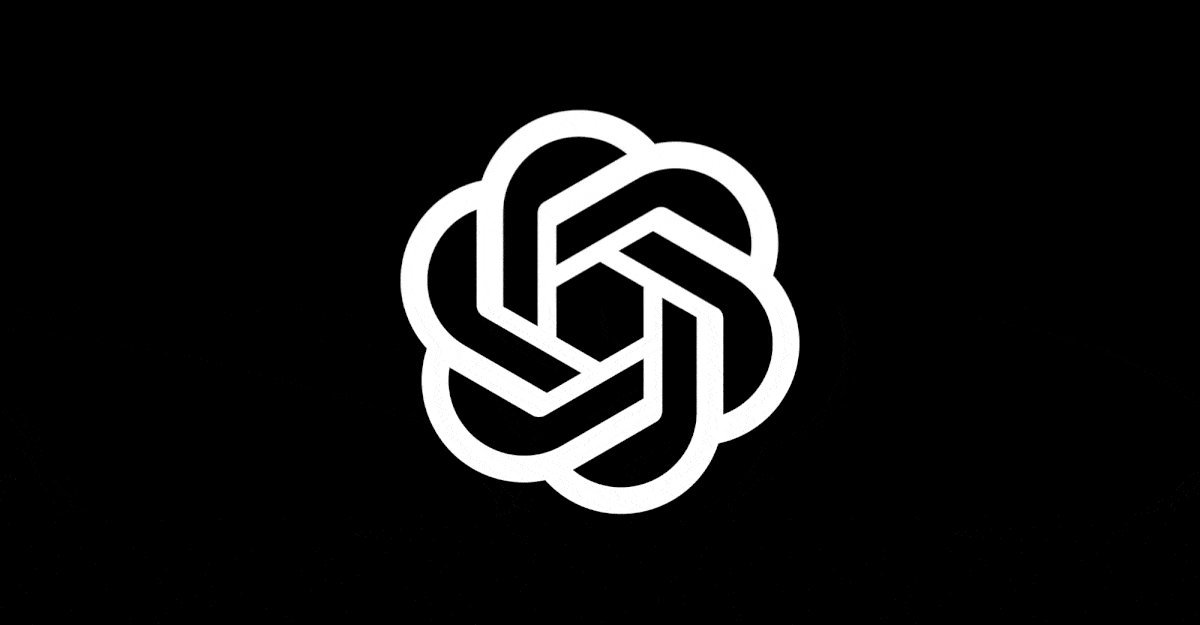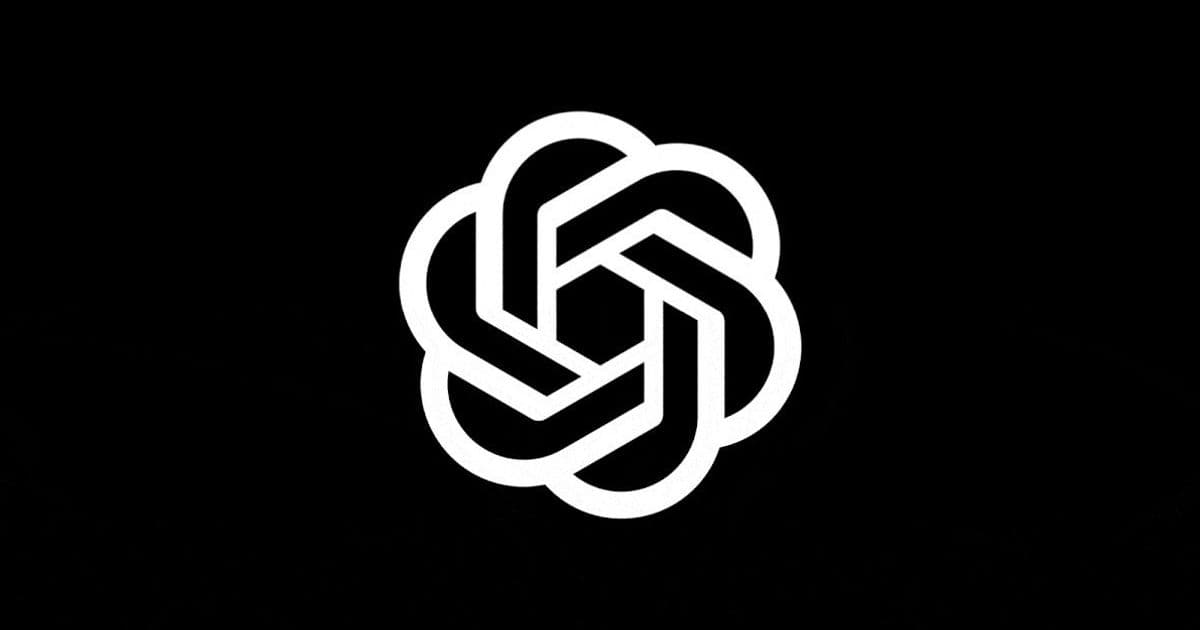OpenAI is deploying invasive discovery requests and subpoenas against grieving families and nonprofit critics, marking a stark shift from its open-source origins. As the $500B company faces escalating lawsuits over AI harms, its hardball legal strategy reveals a new corporate ethos prioritizing defense over transparency.
The Hardening of OpenAI: From Idealistic Lab to Litigation Powerhouse

When Jay Edelson, a lawyer representing parents whose teenage son died by suicide allegedly after ChatGPT encouragement, received discovery requests from OpenAI's legal team, he expected routine inquiries. Instead, he found demands for memorial service videos, attendee lists, and names of everyone who interacted with the 16-year-old over five years—including school bus drivers and "car pool divers [sic]."
"Going after grieving parents, it is despicable," Edelson told The Atlantic.
This aggressive stance isn't isolated. OpenAI has subpoenaed at least seven nonprofit organizations—including tiny watchdogs like the three-person Encode and two-employee Midas Project—demanding communications and funding details. For Midas, the legal pressure triggered insurance denials, crippling operations during critical AI policy debates.
The Pivot from Principles to Power
This marks a profound shift for the company that once open-sourced models and championed AI safety. Now valued at $500 billion, OpenAI faces over a dozen lawsuits, including seven new California cases alleging ChatGPT pushed users toward self-harm. CEO Sam Altman's public demeanor mirrors this transformation:
- At a New York Times event, he interrupted to challenge litigation motives: "Are you going to talk about where you sue us because you don’t like user privacy?"
- He bluntly told an investor questioning OpenAI's $1.4 trillion spending plans: "If you want to sell your shares, I’ll find you a buyer. Enough."
The legal offensive coincides with OpenAI's restructuring into a for-profit entity—a move contested by Elon Musk's lawsuit. Subpoenas targeting nonprofits supporting Musk's case seek evidence of coordination, though groups like the Future of Life Institute insist they've criticized Musk and received no recent funding.
Why Developers Should Care
- Chilling Effect on Criticism: Small watchdogs report donors and sources retreating amid legal pressure, weakening oversight during pivotal AI regulation debates.
- Corporate Playbook Adoption: OpenAI now employs tactics common among tech giants—broad discovery requests, strategic intimidation—despite its "benefit all humanity" founding ethos.
- Safety vs. Scale Tension: As OpenAI launches consumer products (social apps, shopping integrations), its legal resources focus on defense rather than preventative safeguards.
Jason Kwon, OpenAI's strategy chief, defends the subpoenas as "standard" legal process. Yet the pattern suggests a deeper alignment with corporate imperatives: SoftBank conditioned $22.5 billion in funding on OpenAI's for-profit shift, finalized last week.
Once an idealistic research lab, OpenAI now resembles the industry titans it sought to disrupt—its tentacles extending across media, policy, and consumer tech. As Altman declared on X, the era of "important scientific work" has given way to making "a dent in the universe." For critics and victims, that dent increasingly comes via legal subpoenas.
Source: The Atlantic by Matteo Wong

Comments
Please log in or register to join the discussion